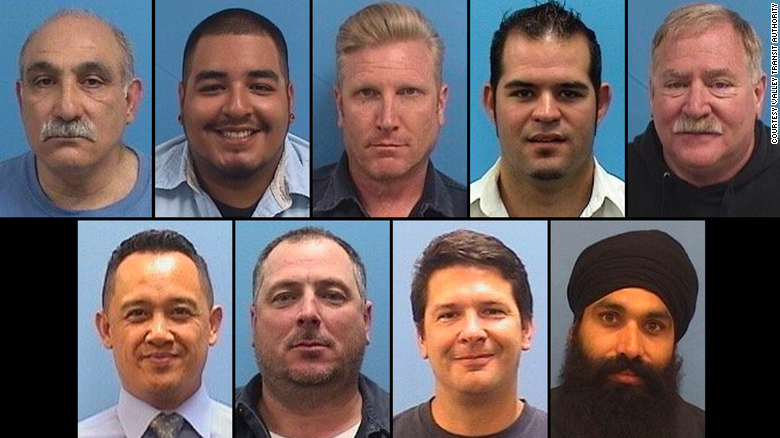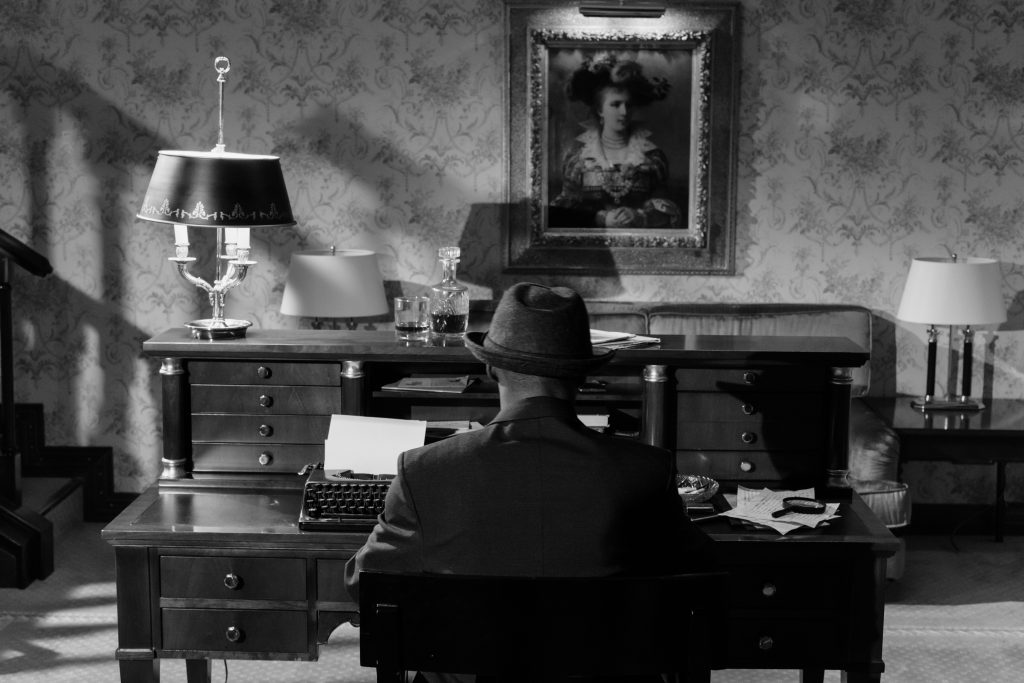How Do Your Employees Really Feel About You? Answer This Burning Question with a Corporate Culture Audit

How do your employees actually feel about you? Answer this burning question with a corporate culture audit. It’s a question many business owners and employers may ask themselves often. There’s no shortage of dark humor regarding the 9 to 5 grind and the bosses who are at the top looking down. The relationship between an […]
Possible motive for San Jose mass shooting revealed

The nation was rocked once again by the news of yet another mass shooting in San Jose, California. The San Jose shooting is now being described by law enforcement officials as the actions of a disgruntled employee in an act of violence perpetrated against his coworkers. Samuel Cassidy, 57, entered his worksite, a rail facility […]
How Does Your Online Reputation Reflect Your Corporate Culture?

Does your company need to improve online reputation? Are negative reviews popping up over and over again on employment review sites? Are employees routinely making negative posts about their job with your corporation? Answers to these questions in the affirmative could be indicative that your business needs some online reputation management services to improve your […]
Step inside the hidden world of corporate undercover investigators

How can a corporate undercover investigation improve your workplace? When it comes to your business, you don’t know what you don’t know. 75% of employees have admitted to stealing from their employer at least once, and 35% will steal at least twice. That’s to say nothing of misappropriation funds, theft of industry secrets, and various […]
Online Reputation Strategies for 2021
Corporations in 2021 cannot afford to shirk the exposure and customer relations benefits of the internet and social media. A social media presence allows a corporation to cultivate a personality with their customer base through platforms like Facebook, Twitter, Instagram, and now TikTok. While Facebook itself has options for buying adspace to users, most platforms […]
This is how a corporate investigator can stop fraud, theft, and other problems in your company

In the interest of due-diligence with an internal investigation, thousands of documents must be reviewed, processed, and itemized. Internal processes must be reviewed and evaluated by an internal investigator. It may be necessary to interview employees regarding their knowledge of the matter—those accounts must be cataloged, transcribed, and placed in context within the investigation. In […]
The Dark Side of Private Investigations: The Good, the Bad, the Violent

What is the dark side of private investigations? Private citizens usually take what they know about private investigators from movies and television. Private investigators are typically cast in a seedy light with PIs following characters to take pictures of their movements and use that evidence against them in some way. The media tends to write […]
Most Common Signs of a Cheating Spouse Shared By Private Investigator
What are the most common signs of a cheating spouse? Some people think they have an instinct for these things—that they know their partner, and they know when something is not right—and can identify behaviors as suspicious when they are actually innocuous. In order to get crystal clear clarification on whether or not your partner […]
Top Corporate Investigation Issues: Knowing When to Hire a Private Investigator

Independent corporate investigations are an investment in their companies. It’s not hard to understand why a corporation would want to minimize the impact of a corporate crisis. Corporate crises come in many forms, and all of them have undeniable effects on the workplace, corporate culture, and the bottom line. That’s why employers must be vigilant […]
Background Checks on Employees Protect Your Business

Without comprehensive background checks on employees, employers don’t know what they don’t know. What could you be missing as an employer with a business to protect? While it’s true that many employers opt for background checks on employees in their hiring process, not every employer exercises the proper amount of due-diligence in clearing a prospective […]